
New research on the benefits of early impact entrepreneurship education
Fawaka Entrepreneurship School offers educational programmes to empower primary school children, regardless of their background or neighbourhood, to make a positive difference through entrepreneurship.
In 2021, Amsterdam Impact, the City of Amsterdam's impact entrepreneurship initiative, worked with Fawaka to deliver an impact-driven entrepreneurship programme to about 450 Amsterdam primary school children (groups 6 to 8) in Amsterdam. Commissioned by Amsterdam Impact, the Amsterdam University of Applied Sciences (AUAS) researched the outcomes of Fawaka's programme by interviewing the participating children and their parents.
The research shows that even short-term programmes on impact entrepreneurship can make a difference for children. For example, many children who joined Fawaka's educational activities said they knew more about entrepreneurship and sustainability and could also see the links between these two crucial topics.
More children also see a role for companies in solving social problems. As one of the participants puts it: "[A company] has to do something good for the world. But if it doesn't do that, it should never again do anything bad."
In addition, Fawaka's programmes seem to reduce differences between how boys and girls perceive the level of their skills, explains Maarten Hogenstijn, research leader and senior social entrepreneurship researcher at AUAS. "Before and after the programme, we asked children to rate themselves on several skills, such as creativity, collaboration and presenting. Boys rate themselves higher beforehand; afterwards, the scores of boys and girls are almost the same".
The differences vanish when asked whether they want to start a company themselves. "This finding contradicts previous research on entrepreneurship education for children," says Hogenstijn. "That piece of research was on a competitive program on profit-driven entrepreneurship, while Fawaka's programmes are playful and focus on social and sustainable entrepreneurship," he adds.
"The AUAS research has been invaluable to us as an organisation. We now know even better what the children are learning in our programmes, what the impact is and where we can increase it. In addition, the findings allow us to offer increasingly better support to schools, which find themselves in a sector with many challenges," says Fawaka director Thiëmo Heilbron.
"The results of the AUAS research are a valuable first step towards more knowledge on the effects of entrepreneurship programmes for children, which is very promising for international collaboration," says Ellen Oetelmans, director of Amsterdam Impact.
Amsterdam Impact, Fawaka Entrepreneurship School and Amsterdam University of Applied Sciences have mapped similar initiatives worldwide and are working to build an international consortium to exchange knowledge about and keep developing impact entrepreneurship programmes for education for children.
Related articles
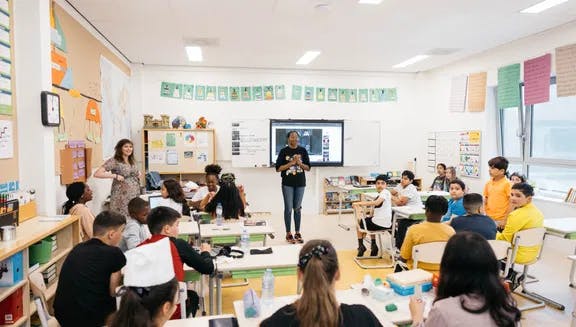
Building an impact-driven city
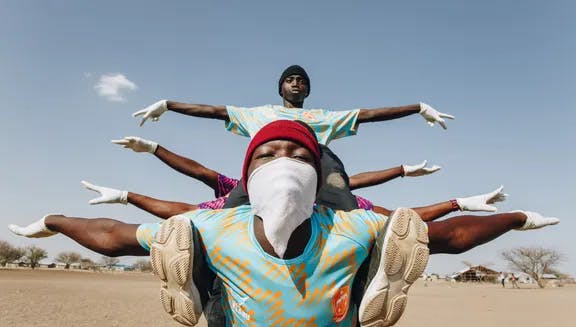
Meet Amsterdam’s innovative impact entrepreneurs
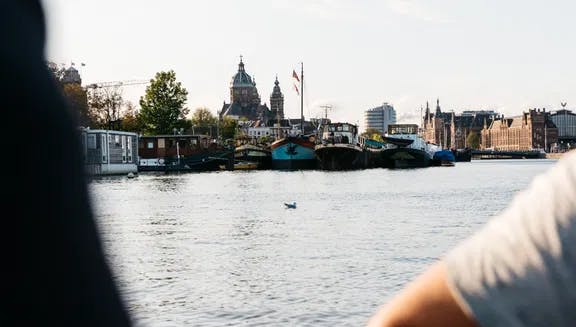
Amsterdam to host the Social Enterprise World Forum 2023
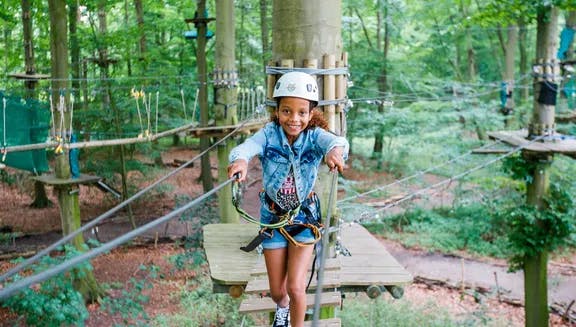
MEAN WELL supports impact entrepreneurship in Amsterdam
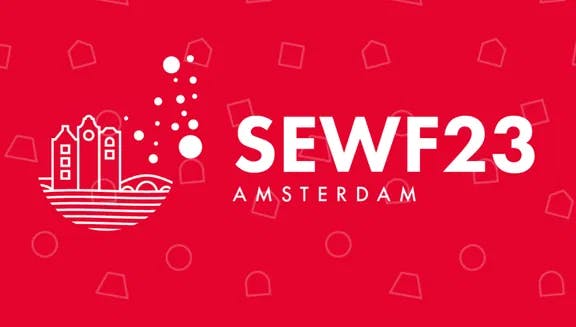
Join SEWF23 week (9-13 October) in Amsterdam

Onwards to a well-being economy | Our 2024 highlights
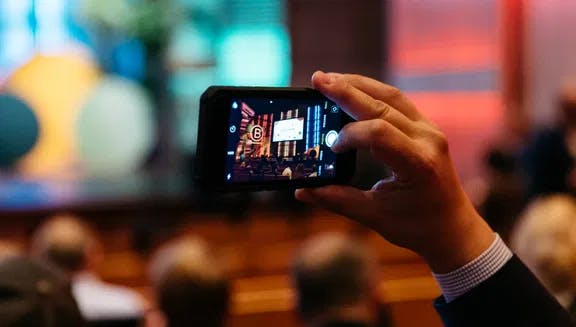
Videos: meet the impact ecosystem
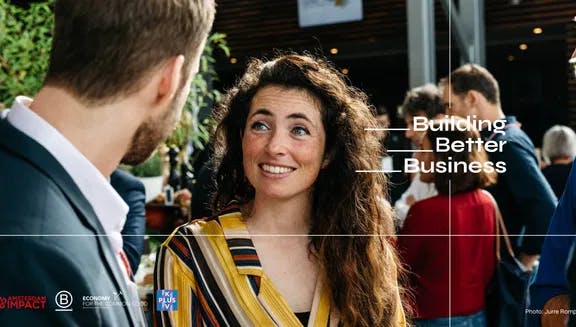
Three Building Better Business companies get B Corp certified

How it all began: building Amsterdam’s impact ecosystem
